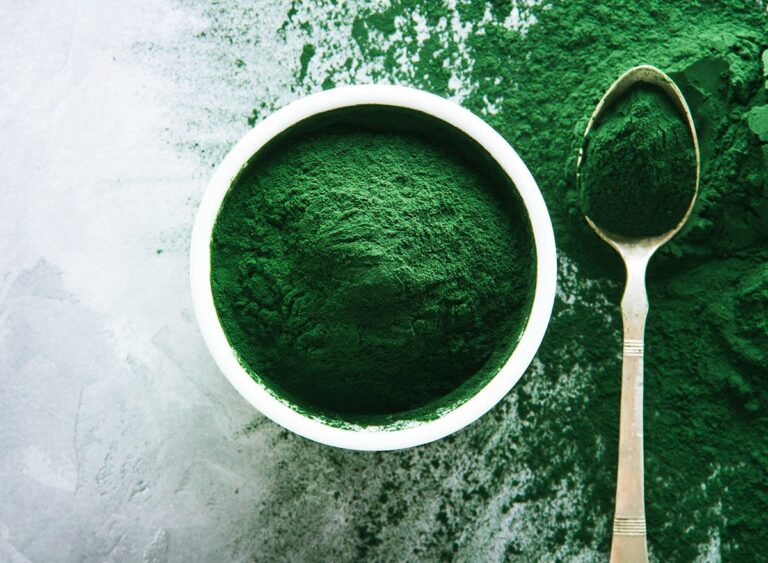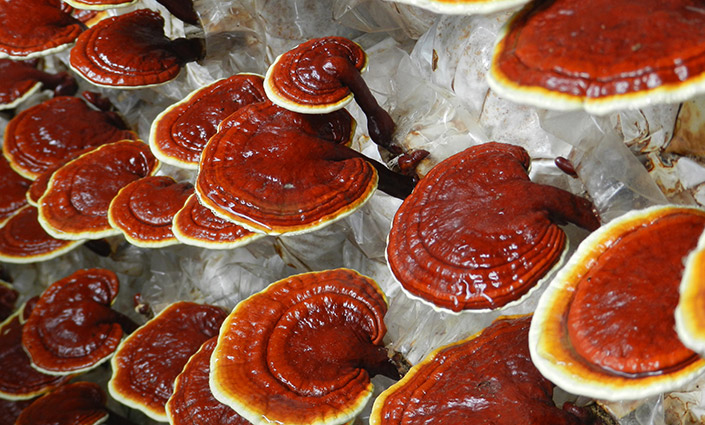Spirulina’s Relevance in 2025

Spirulina's relevance in 2025 extends beyond being a superfood—it is a solution to many modern health and environmental challenges. Its nutritional benefits, sustainability, and role in immunity, detoxification, and overall well-being make it a must-have supplement in the years to come. Whether for personal health, athletic performance, or global food security, spirulina continues to shine as a key player in the future of nutrition.





